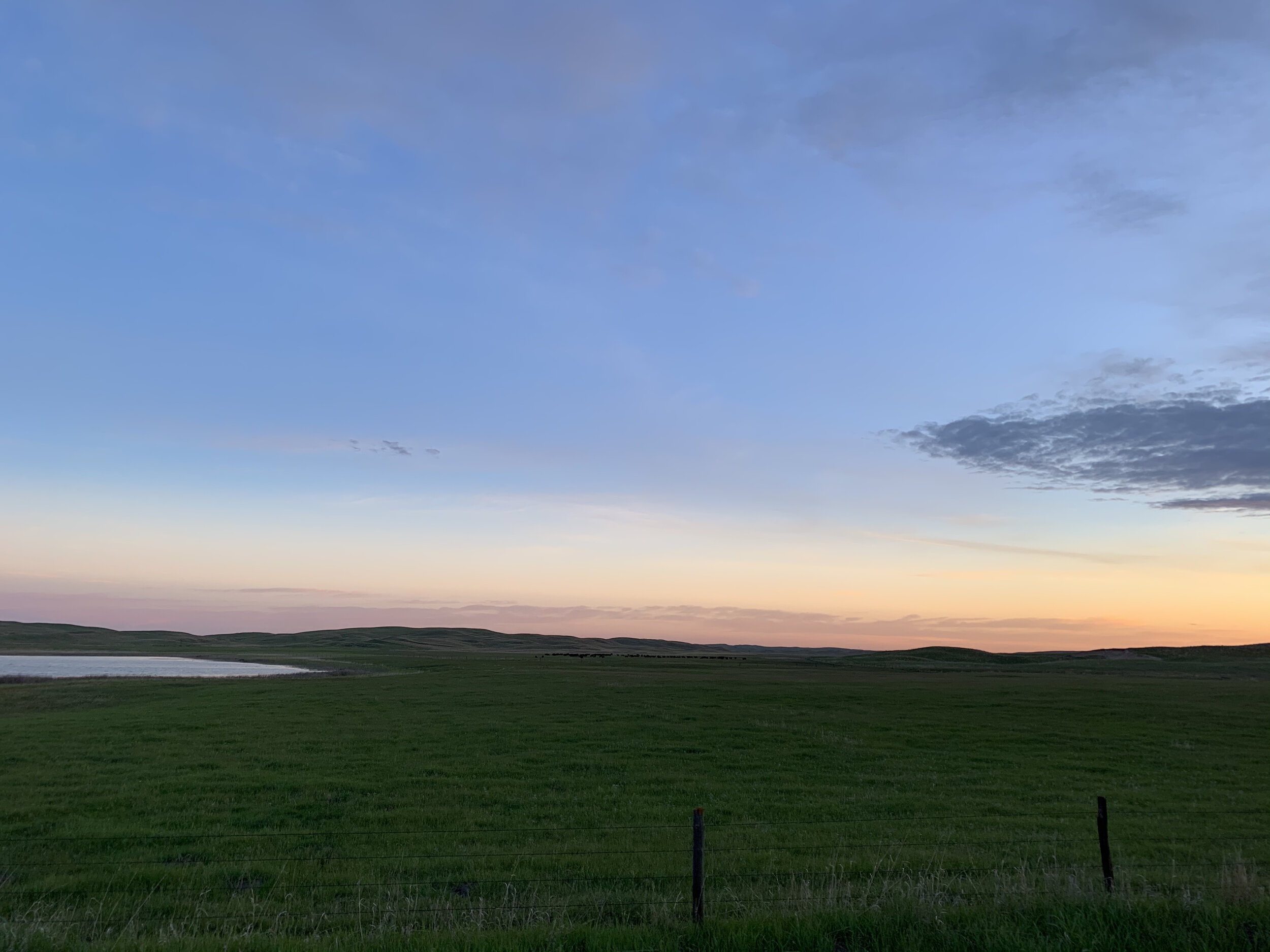The Rural Review
An online journal produced in conjunction with the Rural Reconciliation Project.
The Rural Review publishes digests of important academic contributions, program information, blog-style commentary, and periodic roundups of rural items from across academic disciplines and scholarly media.
Contributions from interested authors are welcome. Find our author guidelines here.
Unay-Gailhard & Brennan: Young Farmers and New Media
In Young Farmers in “The New World of Work”: The Contribution of New Media to the Work Engagement and Professional Identities, Ilkay Unay-Gailhard and Mark A. Brennan (both of UNESCO Community, Leadership, and Youth Development, Penn State University) examine work engagement and identity among young farmers in Crete and Cyprus.
Curtis et al.: Disparities in Access to Telemedicine
In Disparities in digital access among American rural and urban households and implications for telemedicine-based services, authors Megan E. Curtis, Sarah E. Clingan, Yih-Ing Hser, Yuhui Zhu, and Larissa J. Mooney (all of Psychiatry and Biobehavioral Sciences, UCLA), Huiying Guo (Department of Health Policy and Management, UCLA) discuss rural disparities in digital access and the impact such access has on telemedicine services.
Gomez-Vidal & Gómez: Unincorporated Community Status as a Determinant of Health
New digest out by 2023 @UNLCollegeofLaw graduate Lauren Olsen covering Cristina Gomez-Vidal and @anugomez’s study of how an often overlooked designation--unincorporated community status--impacts lived health outcomes for residents
https://www.ruralreconcile.org/ruralreview/unincorporated-community-status-and-health
Young and Billings: The Data on Civil Justice Needs in Rural America and Beyond
This digest summarizes recent empirical research by Young and Billings on civil access to justice needs, considering the impact of intersectional identity factors from queerness to disability, rurality, and parental status.
Brooks and Mueller: Mobile Home Prevalence in the USA
This digest summarizes recent research evaluating why mobile homes are prevelant in some communities but not other. Economic precarity is the most significant factor, but other influences also exist, including year-round temperatures, labor force participation, unemployment, and employment in natural resource industries.
Magnus and Sherrick: Rural Churches and Resource Provision
This digest explores recent work by Magnus and Sherrick on the powerful role of rural churches not only in providing essential social services but, also, setting social policy in rural communities.









